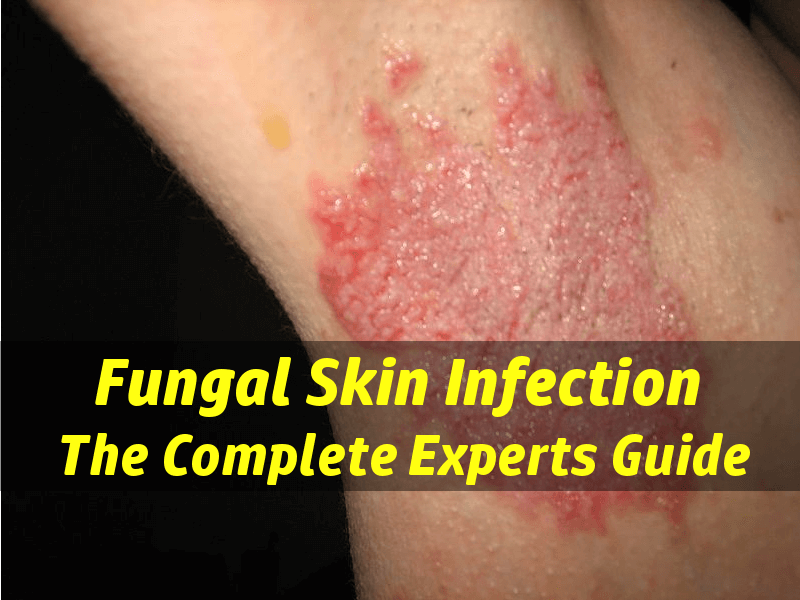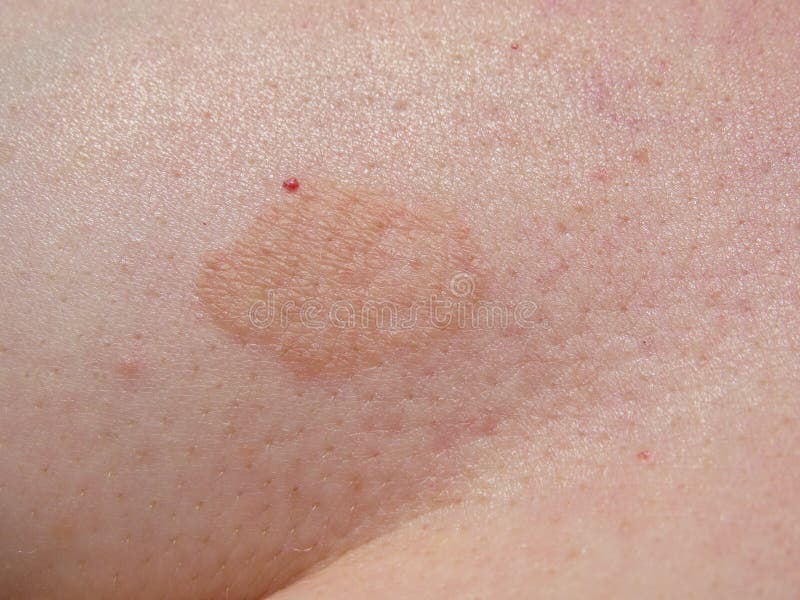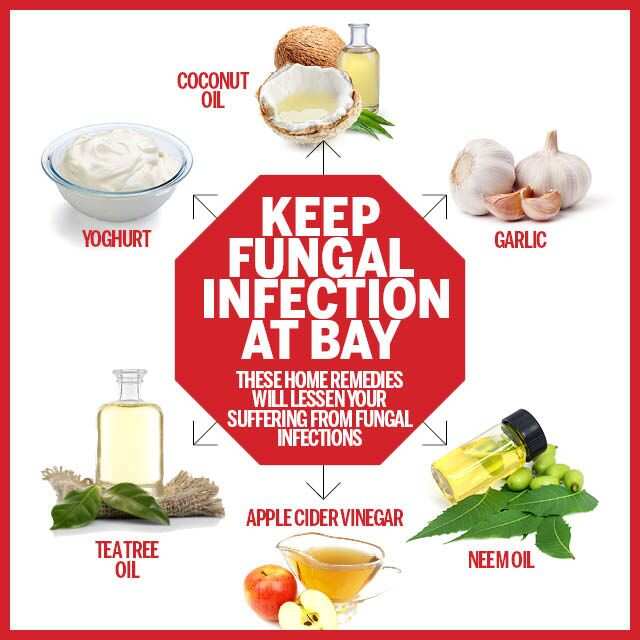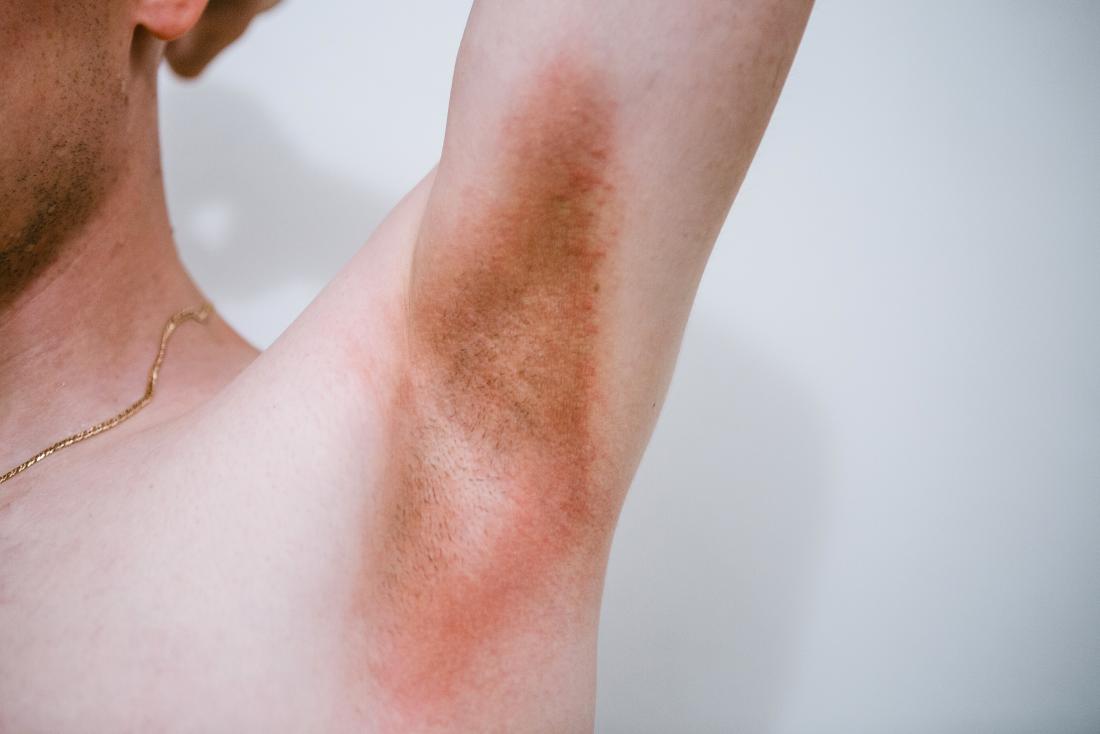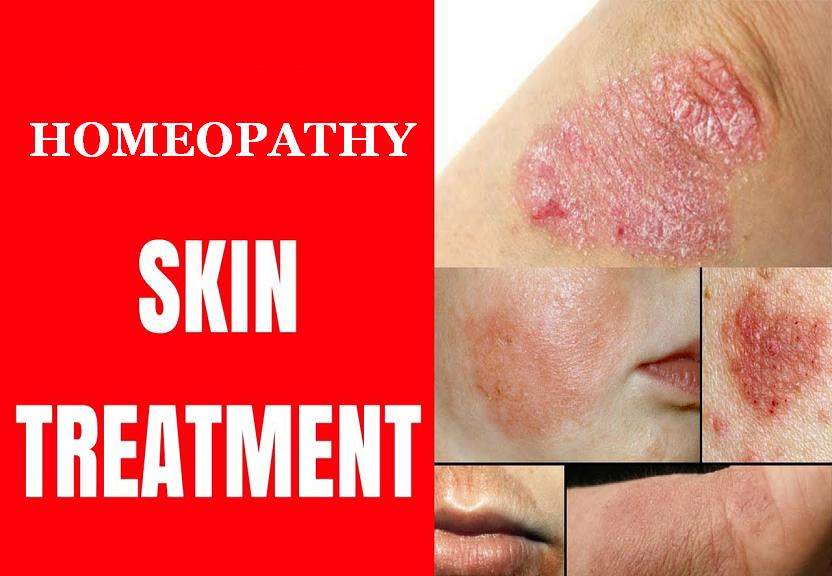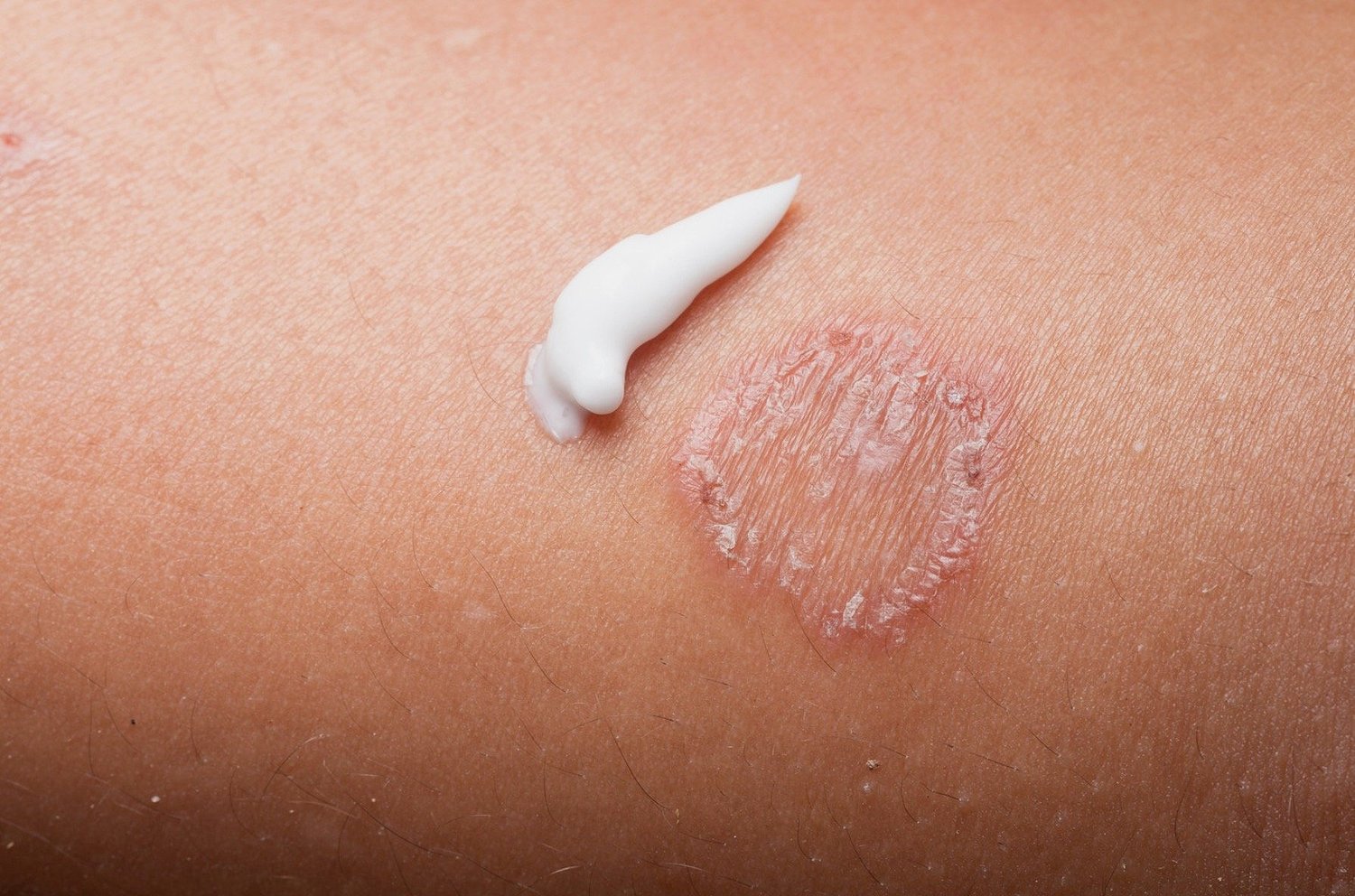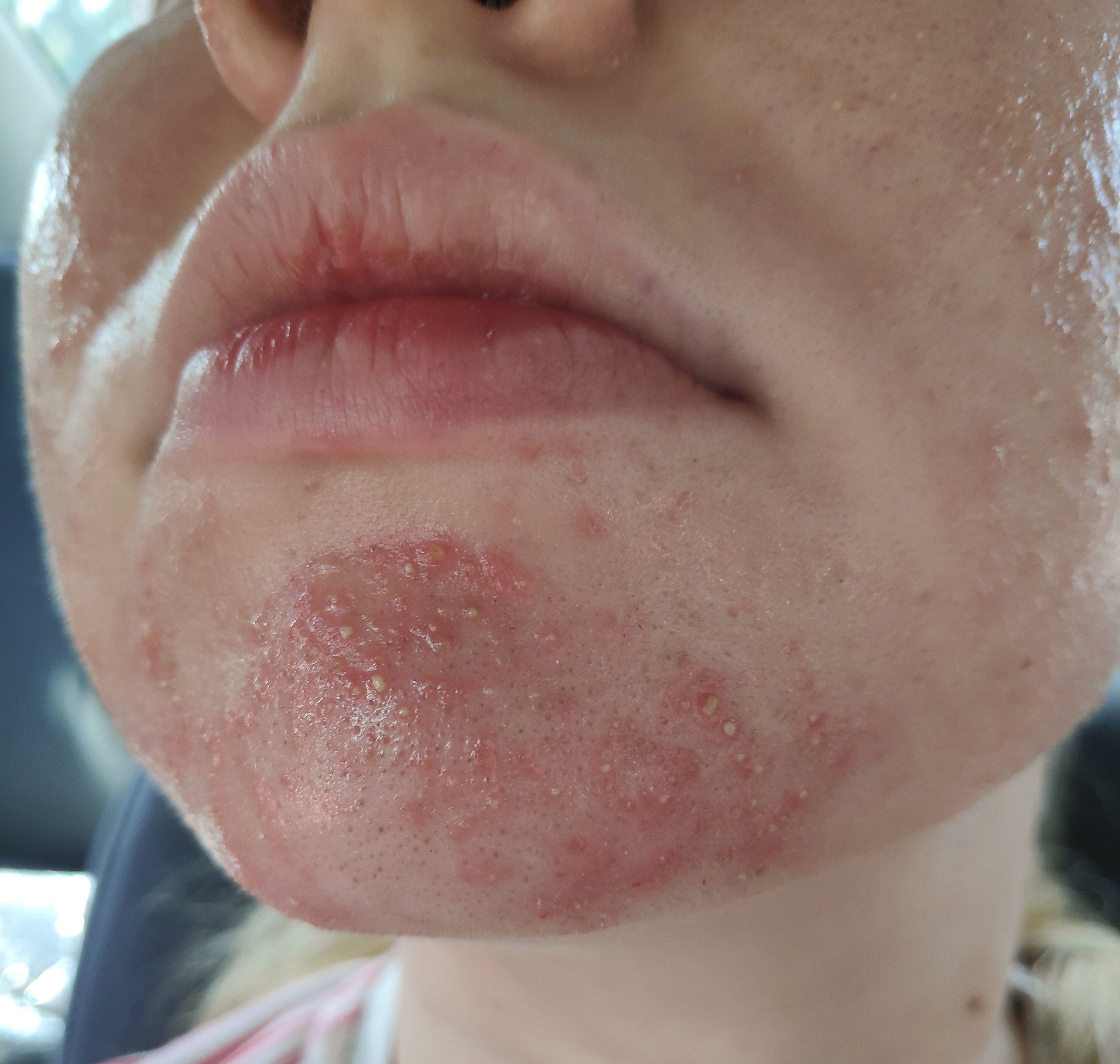Ace Info About How To Treat Fungal Infections Of The Skin

Apply a few drops of extra virgin coconut oil over the area.
How to treat fungal infections of the skin. Antifungal medications may also be taken by mouth. A fungal infection, also called mycosis, is a skin disease caused by a fungus. Antifungal drugs are medications that are used to treat fungal infections.while most fungal infections affect areas such as the skin and nails, some can lead to more serious and potentially life.
Ensure you dry thoroughly between the toes and in the skin folds; Clean the shower or bath using bleach. Fungi thrive in warm, damp conditions, so keeping the skin dry is.
If you have a weakened immune system, you should be aware that fungal infections can happen. Antifungal medicines come in many forms, including: Apply an otc antifungal cream for most skin fungal infections.
How to prevent fungal infection. Antifungal creams should be applied directly to the infected skin, usually 2 or 3 times a day, and they’ll clear up an infection within a week. In the moderate stage, you might notice:
The specific type of medicine will depend on the type of infection you have. Clean and dry the infected area. Some of these medicines require a prescription.
Yeast infections on the face are more likely to happen if your immune system is suppressed by illness, infection, or medications. How is skin fungus treated? These infections are quite common and often cause an irritating rash.
Topical treatments are the most effective way to treat the majority of fungal infections. This makes it harder for your body to fight against fungal infections. Learning about fungal infections can help you and your doctor recognize them early.
Topical medications may include creams, gels, lotions, solutions, or shampoos. Wear clean clothes every day, particularly socks and underwear. Red, slightly scaly skin in the groin, usually with a definite edge or border.
If you are taking one of these medicines, learn what you can do to help prevent fungal infections. Both sides are commonly affected. Fungal infections are typically treated with antifungal medications, usually with ones that are applied directly to the affected area (called topical medications).
Ringworm athlete's foot fungal nail infection There are a variety of treatments available in the form of creams, lotions and medicated powders. Left untreated, paronychia can an abscess, nail deformity, and nail loss.




